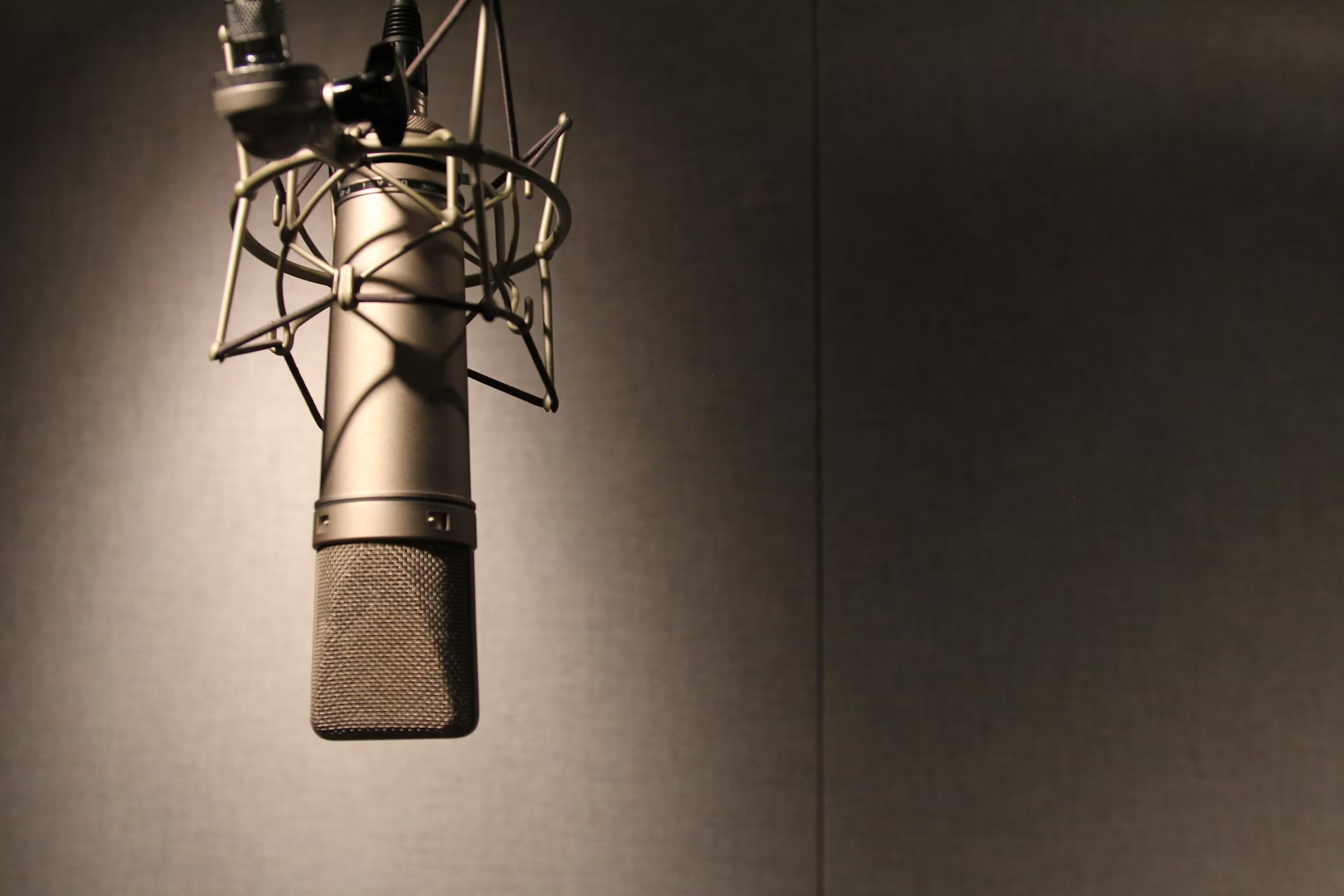
Voice acting is an art form that demands not just vocal talent but a deep understanding of character and emotion. For those behind the mic, it’s more than just reading lines—it’s about bringing a script to life in a way that resonates with the audience. Whether voicing animated characters, narrating audiobooks, or bringing commercials to life, a professional voice actor’s day is filled with variety, creativity, and hard work. Let’s take a closer look at what a typical day looks like for a voice actor.
The Early Start: Preparing for the Day Ahead
Voice actors don’t just wake up and jump straight into a session. Like any professional, preparation is key. Most voice actors start their day with vocal warm-ups. This can include tongue twisters, pitch exercises, or simply talking to oneself. A voice actor’s instrument is their voice, and maintaining it is essential. This early routine ensures their voice stays flexible and in top condition.
In addition to physical and vocal preparation, many voice actors spend time reviewing scripts. They may receive scripts the night before or just hours before a recording session. Taking the time to understand the material and research any unfamiliar terminology is crucial for delivering a natural performance. Many voice actors even record themselves reading parts of the script to practice their timing and expression before the official session begins.
The Morning Session: Recording in the Studio
Most voice actors spend the bulk of their day in a recording studio, whether at home or in a professional facility. The morning typically begins with a session or two, depending on the voice actor’s schedule. For those working from home, a professional setup is essential. This includes a soundproof space, quality microphones, headphones, and recording software. Home studios have become increasingly popular, but for larger projects, voice actors may head to a professional studio for the recording session.
During these sessions, the voice actor works closely with a director or producer to ensure they hit the right tone and emotion for the piece. Whether it’s an animated character with a wide range of emotions or a commercial with a more straightforward tone, the voice actor must adjust their performance to fit the project. Directors may request multiple takes or adjustments to achieve the desired result.
Professional voice actors are also skilled in improvisation. While they may be given a script, they need to be prepared for sudden changes or last-minute additions. This flexibility allows them to deliver exceptional performances, even under pressure.
The Midday Break: Rest and Recharge
Voice acting can be physically demanding, and much like any performance profession, voice actors need to take breaks to rest their vocal cords and recharge. Some use this time to step away from the microphone entirely, whether it’s for a walk, a meal, or just some time to relax. Many voice actors avoid talking too much during this period to ensure their voices remain fresh for the afternoon session.
During their break, some voice actors also handle administrative tasks such as responding to emails, invoicing clients, and scheduling future recordings. These tasks are part of the business side of voice acting, as many voice actors are independent contractors. Managing time, contracts, and communications is a crucial aspect of their work.
The Afternoon Session: Voice-Over for Different Projects
In the afternoon, voice actors often switch gears to tackle different types of projects. This variety is one of the most exciting aspects of the job. One day, they might record voices for a video game; the next, they could be narrating an audiobook or working on a commercial.
For example, suppose a voice actor is recording for a video game. In that case, they may be asked to perform a variety of character voices, each with different accents, pitches, and emotional states. Video game sessions tend to be longer because they involve multiple characters and complex dialogue, which can take a toll on the voice.
In contrast, commercial sessions are usually much shorter and require a more straightforward yet still energetic and engaging delivery. Regardless of the project type, the voice actor must be versatile and ready to switch between different styles, emotions, and tempos throughout the day.
The Evening Routine: Reflection and Wind-Down
Once the day’s recording sessions are complete, the voice actor needs to unwind. Unlike other performers, voice actors must take extra care of their vocal cords after a long day of speaking. Many voice actors swear by herbal teas, warm salt water gargles, or honey to soothe their throats.
Additionally, many voice actors use this time to reflect on their performances and listen back to the recordings. Reviewing their work helps them identify areas for improvement and gives them insight into what worked well. This process of self-assessment is crucial for continual growth in such a competitive industry.
Some voice actors also dedicate time in the evening to further hone their craft, practicing new techniques or learning new accents. Continuous improvement is essential in this field, as voice actors must stay current with industry trends and meet the growing demand for new and distinctive voices.
Final Thoughts: A Rewarding Career
While voice acting may seem like a dream job for many, it’s a career that demands dedication, adaptability, and perseverance. A voice actor’s day is often filled with rehearsals, recording sessions, breaks, and self-reflection. They must remain flexible and open to taking on a variety of roles while ensuring that their voice stays in top shape.
For those passionate about bringing stories and characters to life through their voice, it can be a gratifying career. Whether working on a big-budget animated film or a small commercial, voice actors play a pivotal role in creating memorable content that audiences love.